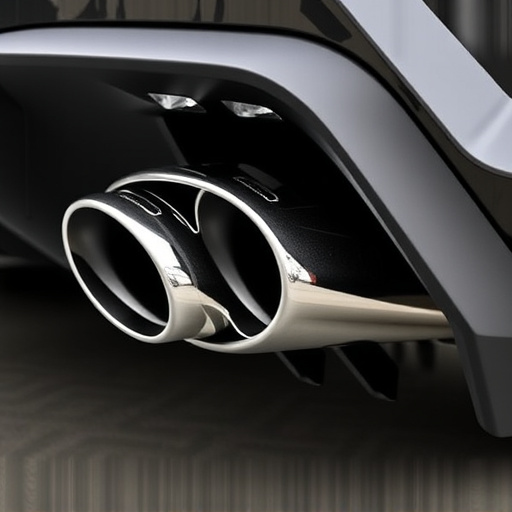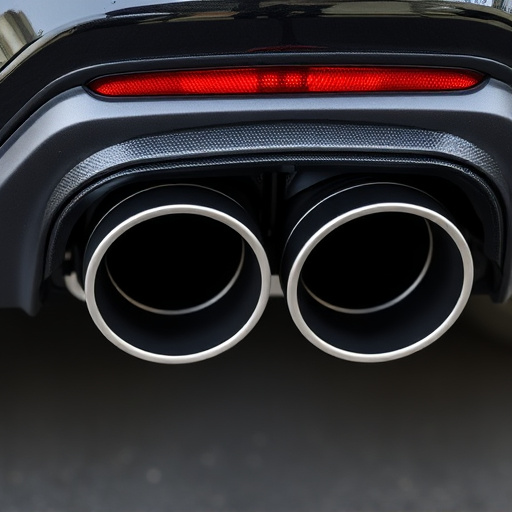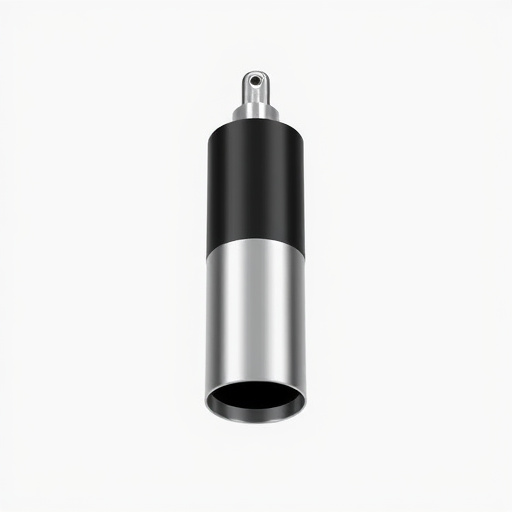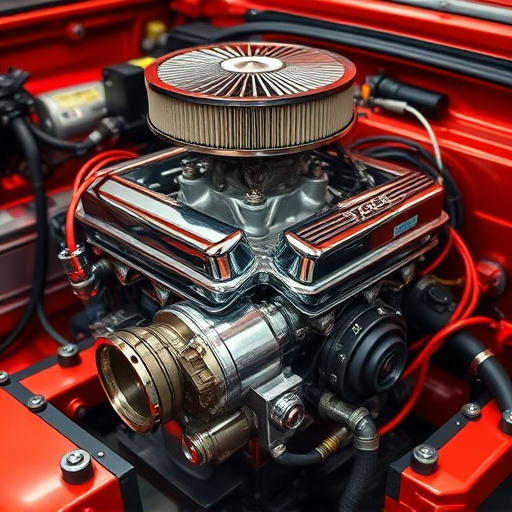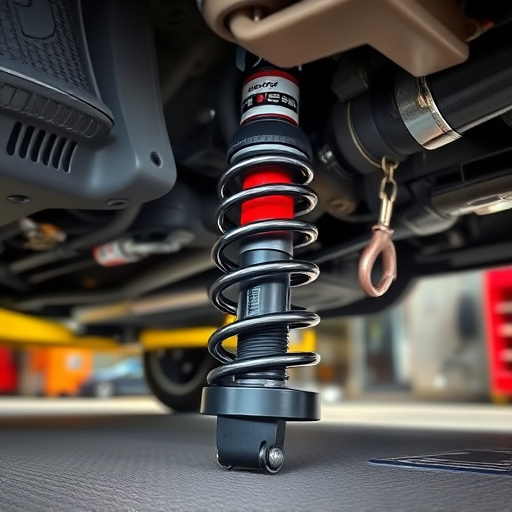Resonator delete, a popular auto mod, aims to boost performance but its effectiveness varies. While enthusiasts claim significant gains, empirical evidence suggests it doesn't substantially enhance engine power or throttle response. Combined with air filters and other mods, some drivers report improved performance, but results are subjective based on vehicle specifics. Differentiating fact from fiction is crucial when considering a resonator delete.
“Wondering if resonator delete can supercharge your engine’s performance? This article dives into the myths and realities surrounding this popular modification. From understanding the basics of resonators to a scientific analysis of their impact, we debunk performance claims once and for all. We also explore real-world testimonials to separate fact from fiction. Discover if resonator delete lives up to the hype or is just a costly legend.”
- Understanding Resonator Delete: The Basics Unveiled
- Scientific Analysis: Performance Impact Debunked
- Real-World Testimonials: Fact or Fiction Revealed?
Understanding Resonator Delete: The Basics Unveiled

Resonator delete is a term that has gained traction among automotive enthusiasts, promising significant performance boosts. But what does it entail? At its core, resonator delete involves removing or modifying the exhaust resonator, a component designed to reduce harmful noise and vibrations. By eliminating this part, proponents argue, you can unlock hidden power within your vehicle’s engine, enhancing overall performance.
This modification is often coupled with other upgrades, such as high-flow air filter kits and tailored suspension components, to optimize airflow and handling dynamics. The idea is to create a more direct path for exhaust gases to exit the cylinder, thereby improving engine breathing and potentially increasing horsepower and torque. However, it’s crucial to approach resonator delete as both a myth and a fact, as its performance gains are subject to various factors, including vehicle type, engine specifications, and driving conditions.
Scientific Analysis: Performance Impact Debunked

The debate surrounding resonator delete’s impact on vehicle performance has sparked many discussions among car enthusiasts. However, a scientific analysis of this modification reveals a more nuanced picture. Studies have consistently shown that removing the resonator does not lead to significant power gains or improvements in engine performance. Often touted as a way to enhance throttle response and boost horsepower, the reality is that the resonator’s primary function is to reduce exhaust noise, not affect engine output.
Contrary to popular belief, a resonator delete does not directly impact the flow of air through the intake system or modify the behavior of suspension components. While it might slightly alter the sound of the exhaust, especially in high-performance vehicles with robust exhaust systems, it has minimal effect on overall vehicle dynamics. Moreover, performance air filters and exhaust systems play more substantial roles in enhancing acceleration and engine response. Therefore, the myth of resonator delete as a magical performance booster needs to be debunked based on empirical evidence.
Real-World Testimonials: Fact or Fiction Revealed?

In the realm of vehicle modification, the topic of “resonator delete” has sparked debates and generated numerous online discussions. Many enthusiasts claim significant performance gains from this simple yet controversial modification. But are these testimonials fact or fiction? Unraveling the truth behind resonator deletes is crucial in separating myth from reality.
Real-world experiences offer a glimpse into the potential impact. Drivers sharing their stories often report increased horsepower and improved throttle response, especially in vehicles equipped with performance air filters and coilover kits. These modifications, combined with a resonator delete, seem to enhance overall vehicle performance. However, it’s essential to consider that individual results may vary, influenced by factors like engine type, vehicle build, and driving conditions. Thus, while these accounts provide valuable insights, they should be viewed as subjective experiences rather than definitive proof.
The debate surrounding resonator delete and its performance gains has been a topic of interest for many automotive enthusiasts. Through our exploration, we’ve uncovered that while there are claims of enhanced power and improved sound, the scientific analysis suggests minimal to no significant impact on engine performance. Despite this, real-world testimonials from users highlight varying experiences, with some witnessing slight improvements. However, it’s essential to approach these accounts critically, as personal preferences and specific vehicle setups can influence outcomes. Ultimately, the decision to install a resonator delete should be an informed one, considering both empirical evidence and individual needs, rather than relying solely on myths or anecdotal evidence.








